Tsuruga castle, whose official name is Aizu Wakamatsu Castle, is a 700-year-old replicated castle in the heart of Aizu. After its destruction in 1874, Tsuruga castle was reconstructed in the 20th century with as a concrete structure. It has since become a popular tourist spot.
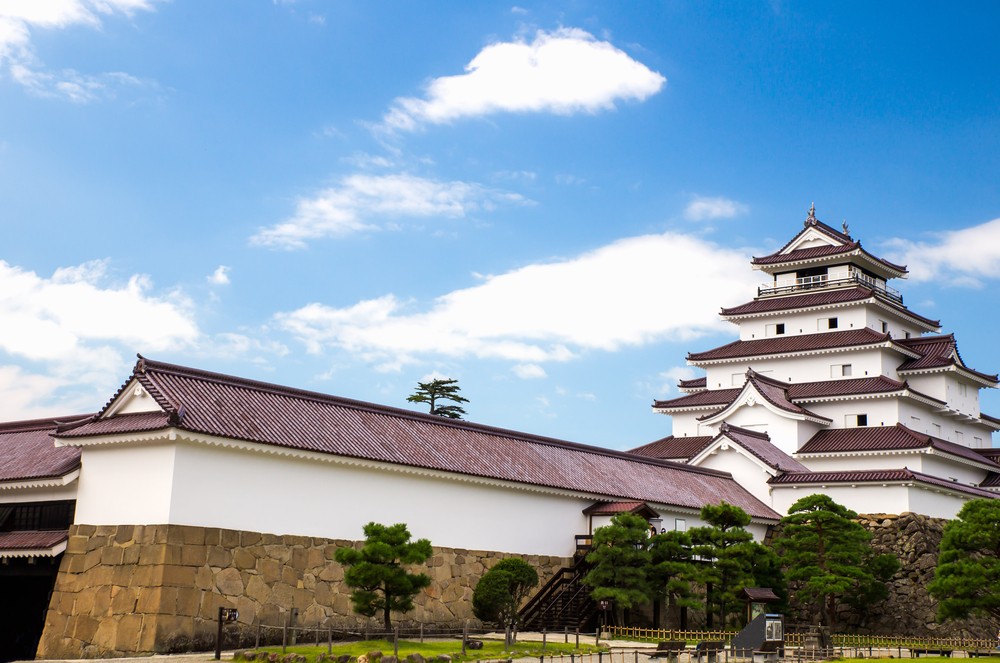
The History of Tsuruga Castle
Built in 1384, Tsuruga Castle was the governmental center of the Aizu region during the shogun era. Originally named Kurokawa Castle, the castle and its grounds changed hands many times over its lifetime until it was dismantled during the Meiji Restoration after being lost in the Boshin War.
Ashina Naomori constructed the structure to be a fortification against any uprisings by rivals in the region. The Ashina clan held off all attacks until 1589 when Date Masamune, one of the most powerful warlords of Tohoku, captured the castle and made it his home.
After submitting to Osaka’s Toyotomi Clan, Date Masamune gave up the castle. In 1592, the castle passed on to Gamo Ujisato who renamed it Tsuruga Castle.
During the Edo era, the castle was an important stronghold for the Tokugawa Shogun and one of the last stands of the rebellion against the newly formed Meiji Government by loyal samurai.
While Tsuruga Castle was torn down in 1874, its walls and gardens remained. In 1965, the main tower was reconstructed with the Rinkaku Tea Room being restored and designated as an Important Cultural Property by the Fukushima Prefecture.
A unique feature of the castle is its red tiles, an uncommon color on Japanese castles, which were restored in 2011.
Inside the castle is a museum showcasing the history of the castle with a special exhibition on the life of samurai and the area. At the top is an observation deck with some of the best views of the Aizu region.
Tsuruga Castle Park
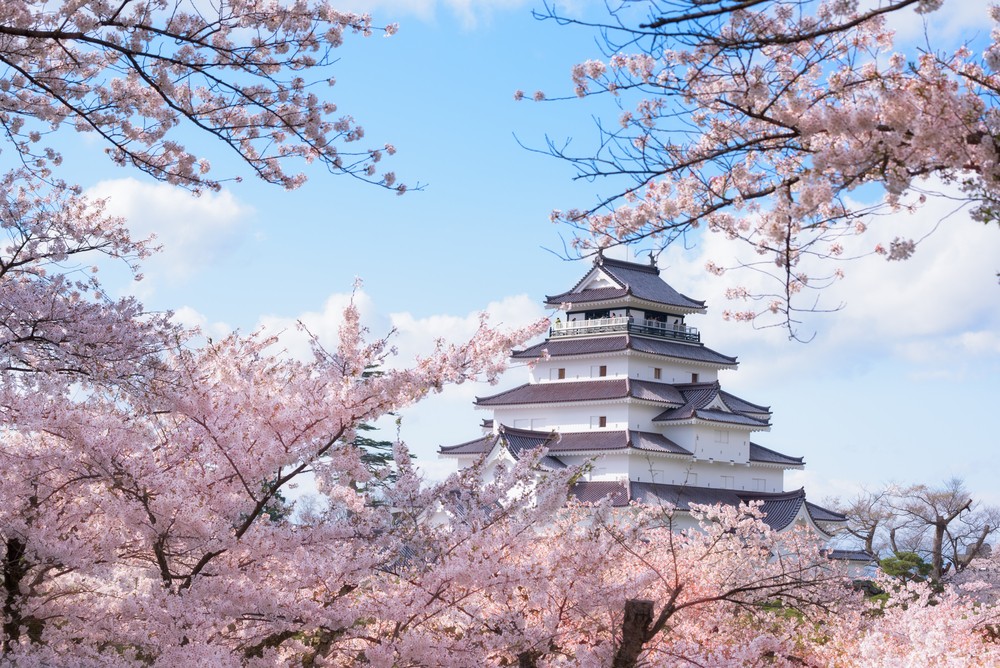
Surrounding the castle is the stunning Tsuruga Castle Park. Inside the park is the aforementioned Rinkaku Tea Room, with traditional tea ceremonies being held daily in the same locations as feudal lords drank in the past.
The best time to visit the Tsuruga Castle Park is the cherry blossom season in April. Popular with locals and tourists alike, the park is a great spot for Hanami viewing while sipping on some classic sake or drinks bought at the local convenience store.
Tsuruga Castle Hours
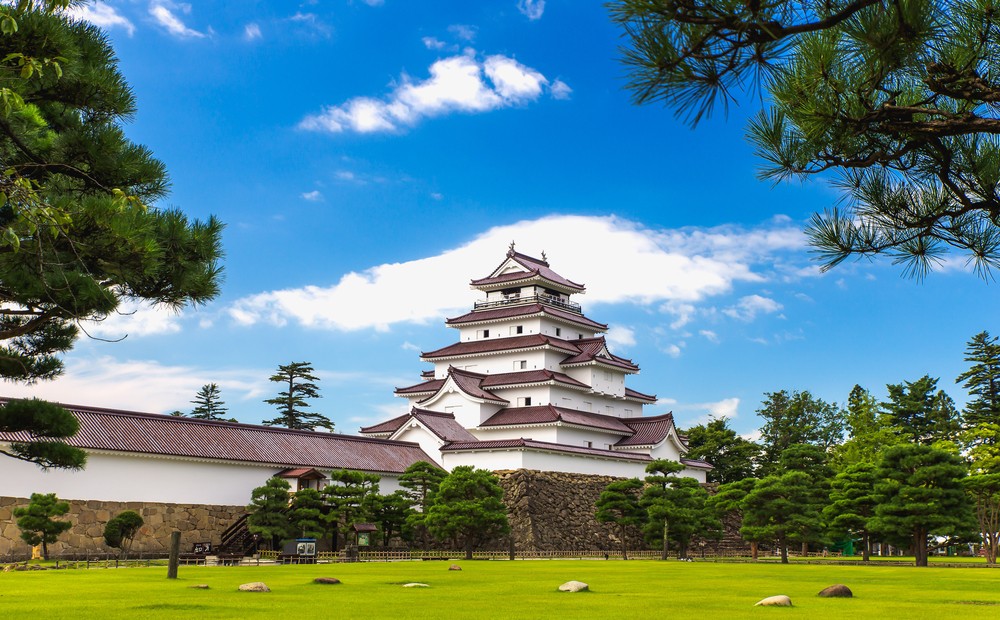
The Tsuruga Castle Hours are set, with no closing days at any time during the year. Both the main castle and Rinkaku tea house open at 8:30 AM every day and close at 5:00 PM with last entry being at 4:30 PM.
For Tsuruga Castle, you’ll have to pay an admission fee of 410 yen to enjoy the museum and observation deck. For the Rinkaku Tea House, an admission fee of 200 yen gets you into the spot, but you’ll have to pay an optional 500 yen on top for specialty made green tea and snacks.
How to get to Tsuruga Castle
To get to Tsuruga Castle you need to at least go through Aizu-Wakamatsu Station. The station is on the JR Ban-Etsusai Line and accessible from Koriyama Station. From the station you have the choice of walking 30 minutes to the castle grounds or taking the bus.
To take the bus, you’ll have to get on the Aizu Loop Bus and take it Tsurugajo Kitaguchi bus stop. From there, it’s only a 5-minute walk to Tsuruga Castle. The loop bus takes 20 minutes to reach the grounds from the train station.
Spot information
- Spot name: Tsuruga Castle
- Street address: 1-1 Otemachi, Aizuwakamatsu, Fukushima 965-0873
- Access: A 5-minute walk from Tsurugajo Kitaguchi bus stop on the Aizu Loop Bus
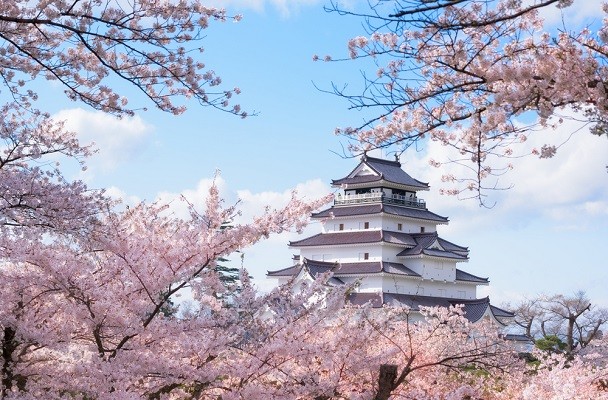
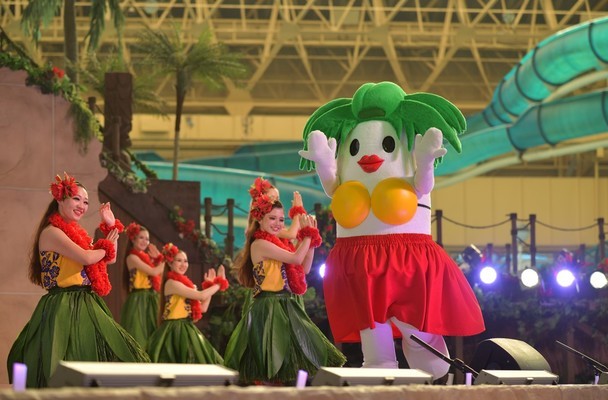
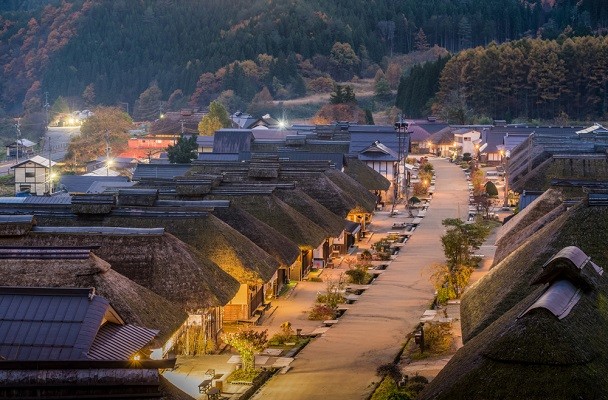
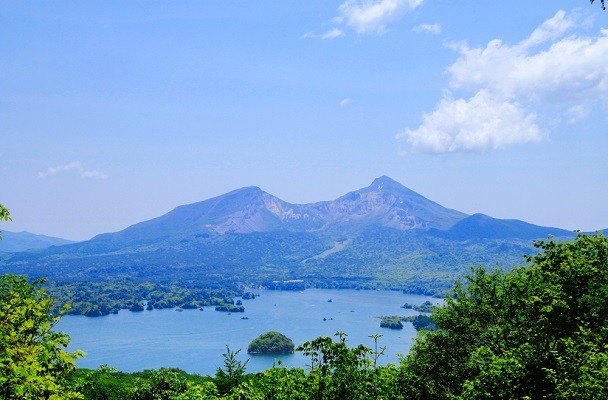
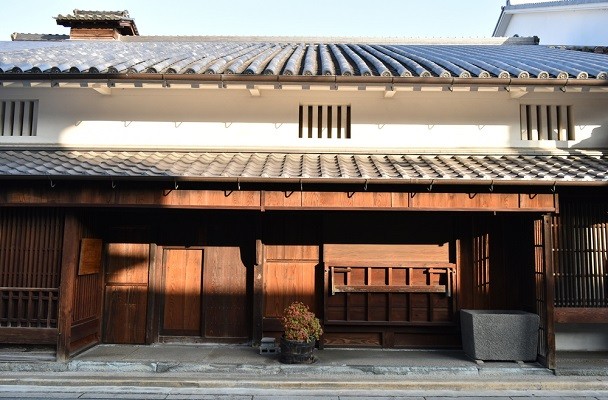
Comments